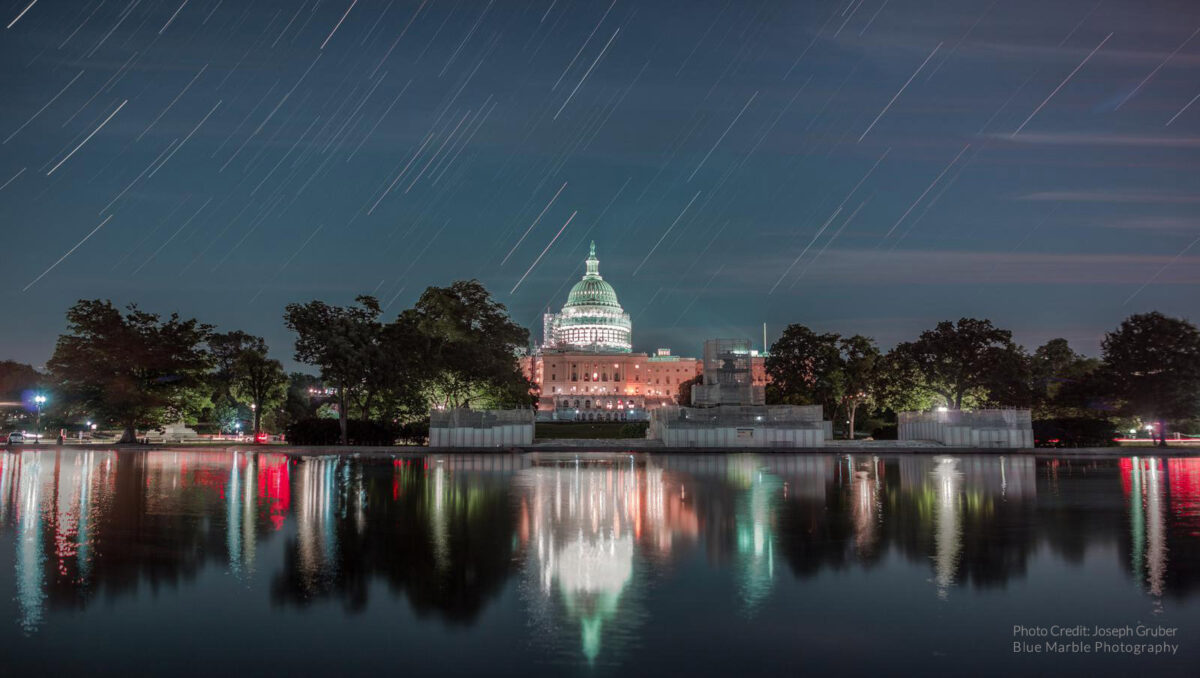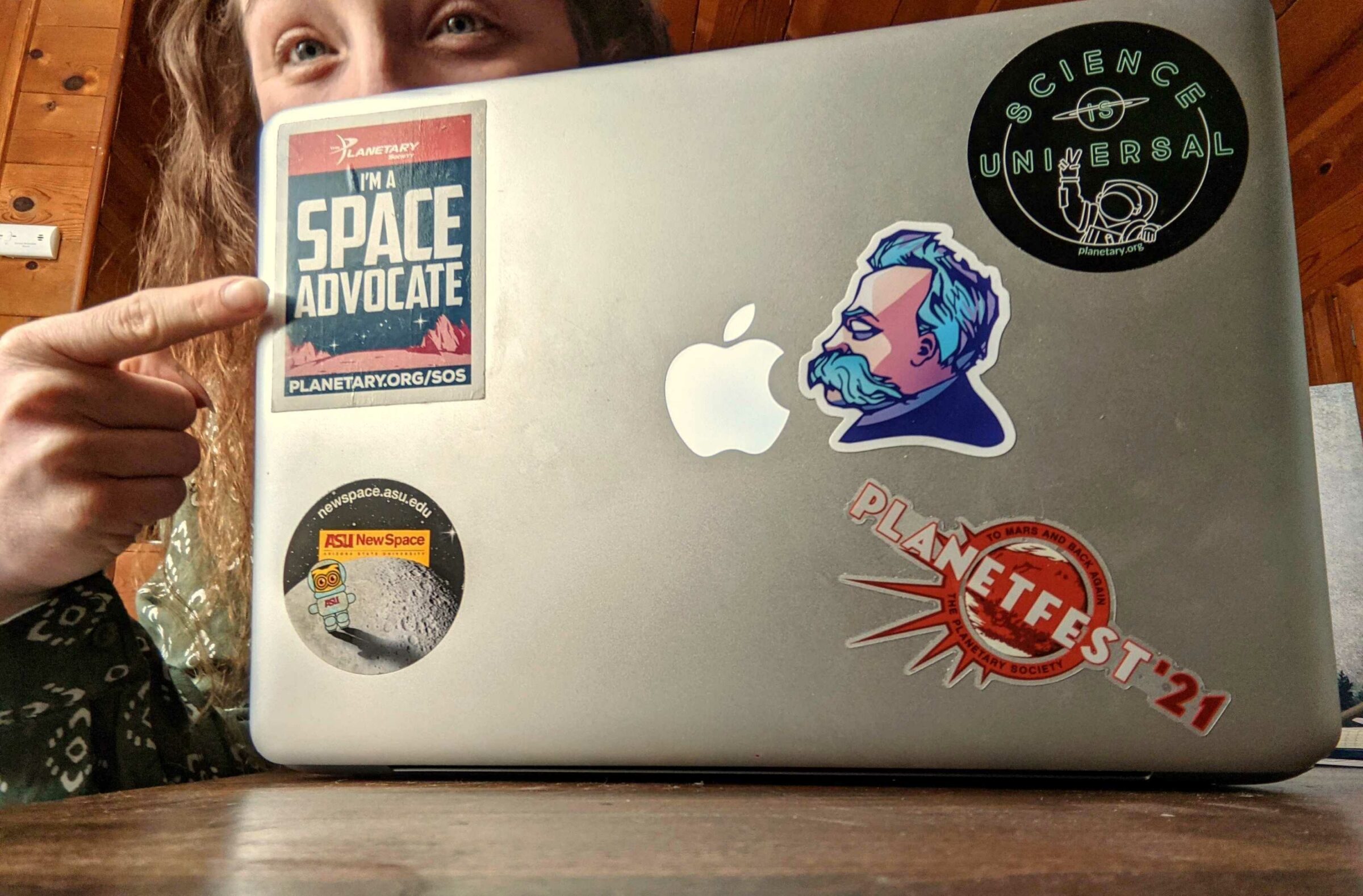The Space Advocate • Apr 14, 2021
The Space Advocate Newsletter, April 2021
From the Chief Advocate

The slow reveal of Biden's space policy priorities quickened this month with the news of a nomination, a budget, and a space council endorsement.
Biden nominated an old senate colleague, former Florida senator Bill Nelson, to serve as NASA Administrator. Shortly after, Nelson secured a number of Republican endorsements, including Sen. Marco Rubio and former NASA Administrator Jim Bridenstine, suggesting that he will sail through the confirmation process. That doesn't mean this nomination is without controversy: former NASA Deputy Administrator Lori Garver published a critical essay on his past judgement, and many new-space advocates fear he will slow down NASA's current public-private partnership model.
The Planetary Society does not weigh in on NASA administrator nominations, as we are committed to working with whomever the Senate approves.
NASA's budget for 2022 is finally taking shape. The White House released a "skinny budget" for the U.S. government last week, which includes top-line numbers and key programs, but does not otherwise reveal program funding. According to the proposal, NASA would receive a 6.3% increase, much of it directed toward Earth Science, Space Technology, and Project Artemis. Notable planetary highlights include funding for Mars Sample Return, Europa Clipper, and the Dragonfly mission to Titan. We'll have more coverage and analysis once we see the full budget release.
The Biden administration also finally stated that it will retain the National Space Council, which was resurrected under President Trump in 2017. The fate of that council was in question in the new administration, as previous Democratic administrations had elected to use other means for developing space policy. It is unclear if the council will retain its current high-level cabinet membership.
I'm happy to report that 145 members of The Planetary Society ultimately participated in our annual Day of Action. They held nearly 170 virtual meetings with members of their Congress and their staff, including the chairs and ranking members of all NASA-relevant congressional committees. They were joined by Society CEO Bill Nye and other members of our Board of Directors who were also meeting with Congress. Nearly one thousand additional messages were sent to Congress by Society supporters around the country. They did a stellar job of representing The Planetary Society and making the case for space science and exploration.
Until next month,
Casey Dreier
Chief Advocate
Space Policy Highlights


The Day of Action: Space Advocates, Assembled (planetary.org) "Like pretty much everything in the last 12 months, it wasn't supposed to happen this way. The Planetary Society's Day of Action usually brings members of the Society face-to-face with members of Congress in Washington, D.C. In COVID times, however, both traveling and doing anything "face-to-face" has to be avoided. As such, the Day of Action went fully virtual for 2021. In the end, 145 members from 30 states participated in a day's worth of meetings from their homes around the country."

Nelson wins bipartisan praise in bid for top NASA job (politico.com) "Former Sen. Bill Nelson earned early bipartisan support on Friday in his bid to become the next NASA administrator, suggesting he'll face a smooth confirmation process on Capitol Hill. The 78-year-old Florida Democrat spent three decades on Capitol Hill, forming close relationships with lawmakers in both parties and bonding with unlikely allies over mutual support for the nation’s space ambitions. 'I cannot think of anyone better to lead NASA than Bill Nelson,' Sen. Marco Rubio (R-Fla.) said in a statement."
For a critical take on Bill Nelson's nomination, see this op-ed in Scientific American by former NASA Deputy Administrator Lori Garver.

Biden administration proposes $24.7 billion budget for NASA in 2022 (spacenews.com) "The White House released a first look at its budget proposal for fiscal year 2022 that includes an increase in funding for NASA, particularly Earth science and space technology programs. It provides only high-level details, though, with a full budget proposal expected later in the spring. For NASA, the White House is proposing...an increase of about 6.3% from the $23.271 billion the agency received in the final fiscal year 2021 omnibus spending bill."
The Planetary Society will have more coverage of this proposal when more details are released. Initial impressions are positive, with Mars Sample Return, Europa Clipper, and Dragonfly highlighted as funded missions.

Biden to keep National Space Council (spacepolicyonline.com) "President Trump reestablished the National Space Council in June 2017, with Vice President Mike Pence as chair and Scott Pace as Executive Secretary. The Space Council was very active, issuing reports and policies until the very end of the Trump Administration. It is widely credited with effectively coordinating among the many agencies involved in space these days and creating a “whole of government” approach to space policy. The question has been whether it would stay or go under the new Biden Administration. The answer — it will stay."
Top image: Day of Action participant Makayla Healy shows off her space advocate credentials in between her congressional meetings.
Planetary Radio: Space Policy Edition

Biden Names His NASA Administrator
Bill Nelson, former Senator from Florida, congressional astronaut, and father of the Space Launch System, will likely be NASA's next administrator. President Biden's nomination was met with a wave of critiques by pro-commercial space advocates who see Nelson's support for the SLS as a threat to NASA's public-private partnership model. Casey and Mat look at the criticisms and the opportunities that may be available with a former Senator leading the U.S. space agency.


 Explore Worlds
Explore Worlds Find Life
Find Life Defend Earth
Defend Earth

